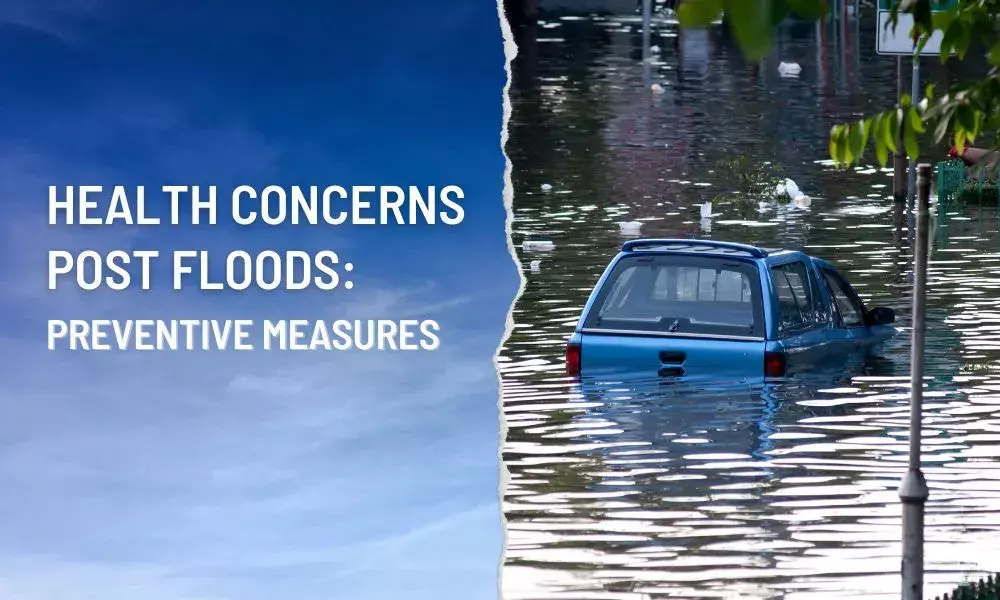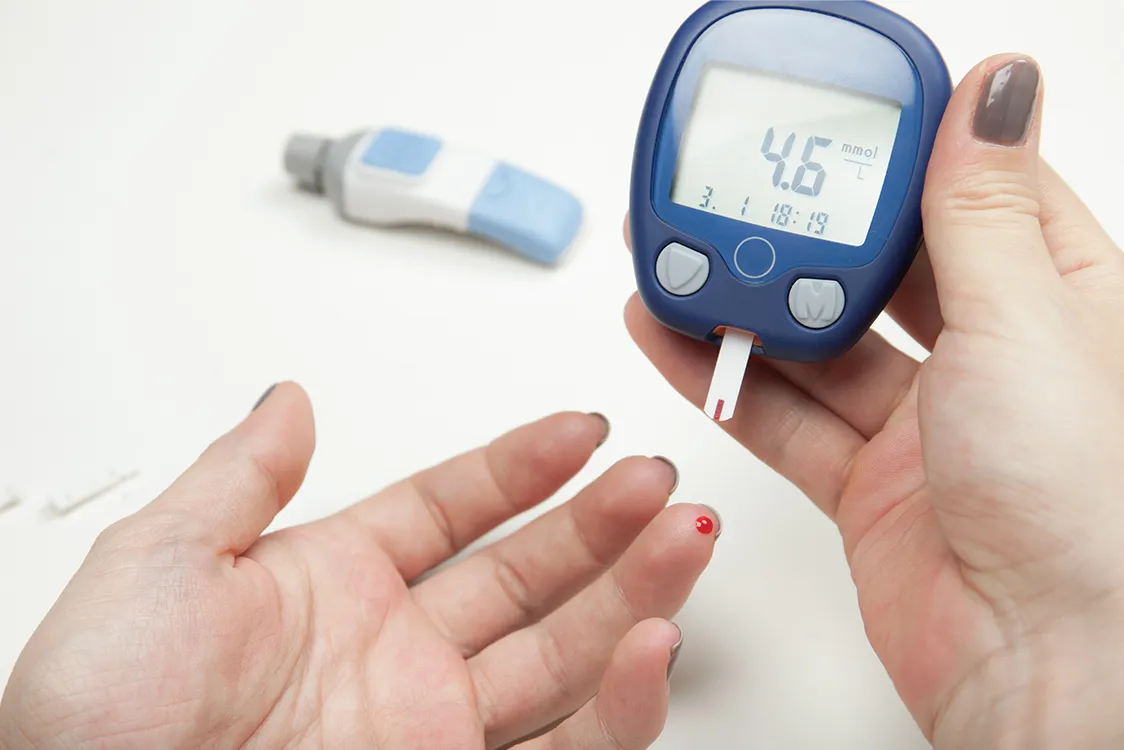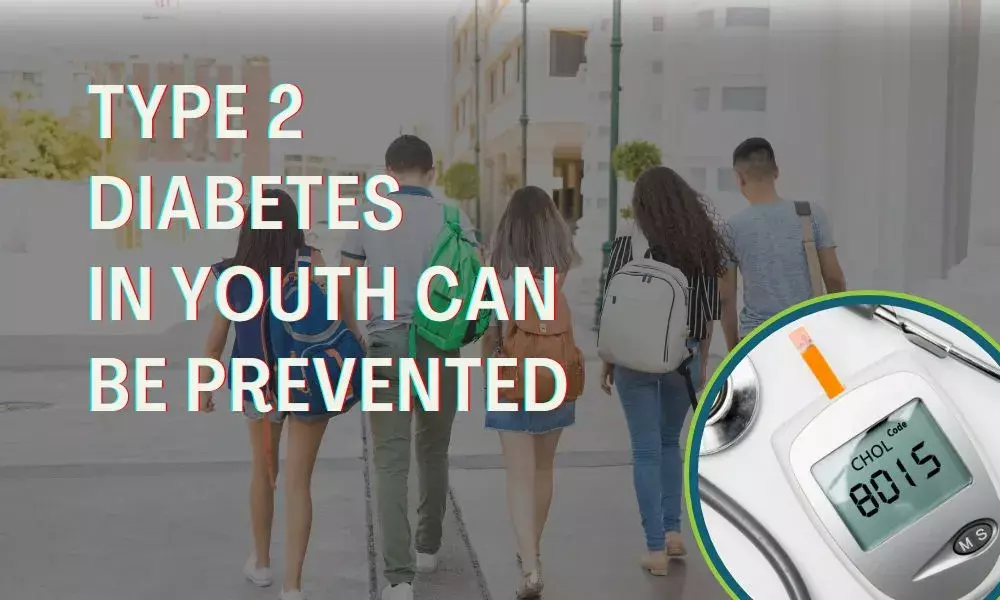Past few days, north India has witnessed floods caused due to overflow of river Yamuna, and water levels have breached the highest record of 207.49 meters. People residing in low-lying areas like Yamuna Bazaar, Kashmere Gate, and administration was forced to move out, leaving behind their belongings and living on the streets or in relief camps.
Amid this, sanitation has become a major concern for people in flood-affected areas, with the risk of mice, snakes, and insects in residential areas.
So far, cases of conjunctivitis, skin allergy, and fungal infections are rising. Some cases of fever, dysentery, and vomiting are being reported, but there has been no serious trend.
Impact of Flood & Health Concerns:
Though the water levels have receded in Delhi and neighbouring places, the flood-like situation seems to continue, raising fear of disease. As per World Health Organization (WHO) directive, floods can have medium and long-term health impacts, including*:
-
Vector-borne and water-borne diseases, such as typhoid, cholera, leptospirosis or malaria
-
Injuries, such as punctures from evacuations and disaster clean-up
-
Chemical hazards
-
Disrupted health systems, facilities, and services, leaving communities without access to healthcare
-
Damaged basic infrastructure, such as food and water supplies and safe shelter.
Major Healthcare concerns due to Flood:
-
Still water accumulating during and after a flood can become breeding grounds for mosquitoes leading to vector-borne diseases like dengue and malaria.
-
Wading through flood water can cause one to be infected with leptospira (germs released from rodents in their urine), which can cause severe, life-threatening illness. Skin infections and eye infections are common during floods due to exposure to contaminated water and contact with the conjunctiva or skin surfaces.
-
Post-traumatic stress disorder (PTSD), anxiety, and depression can arise in flood survivors, particularly those who have suffered severe loss or displacement. Also, infrastructure disruption, including damage to healthcare facilities and population displacement, can result in reduced access to medical care and increased vulnerability to chronic health issues.
Preventive Measures to be adopted:
To avoid these health complications, one should adopt preventive measures, such as:
-
Try to avoid exposing eyes, mouth, and nose to flood water.
-
Avoid walking in flooded or stagnant water.
-
Use boiled water for drinking and cooking food.
-
Prevent water accumulation and keep areas around the house dry.
-
Keep yourself covered, especially during the night, to reduce mosquito exposure.
-
Use mosquito nets and apply mosquito-repellent creams.
The situation may take a little while to normalize, but ensure you take adequate measures to keep yourself and your family safe and protected from potential diseases due to Flood. In case of any abnormality, consult a doctor immediately.
Data Source: https://rb.gy/a1ikp





